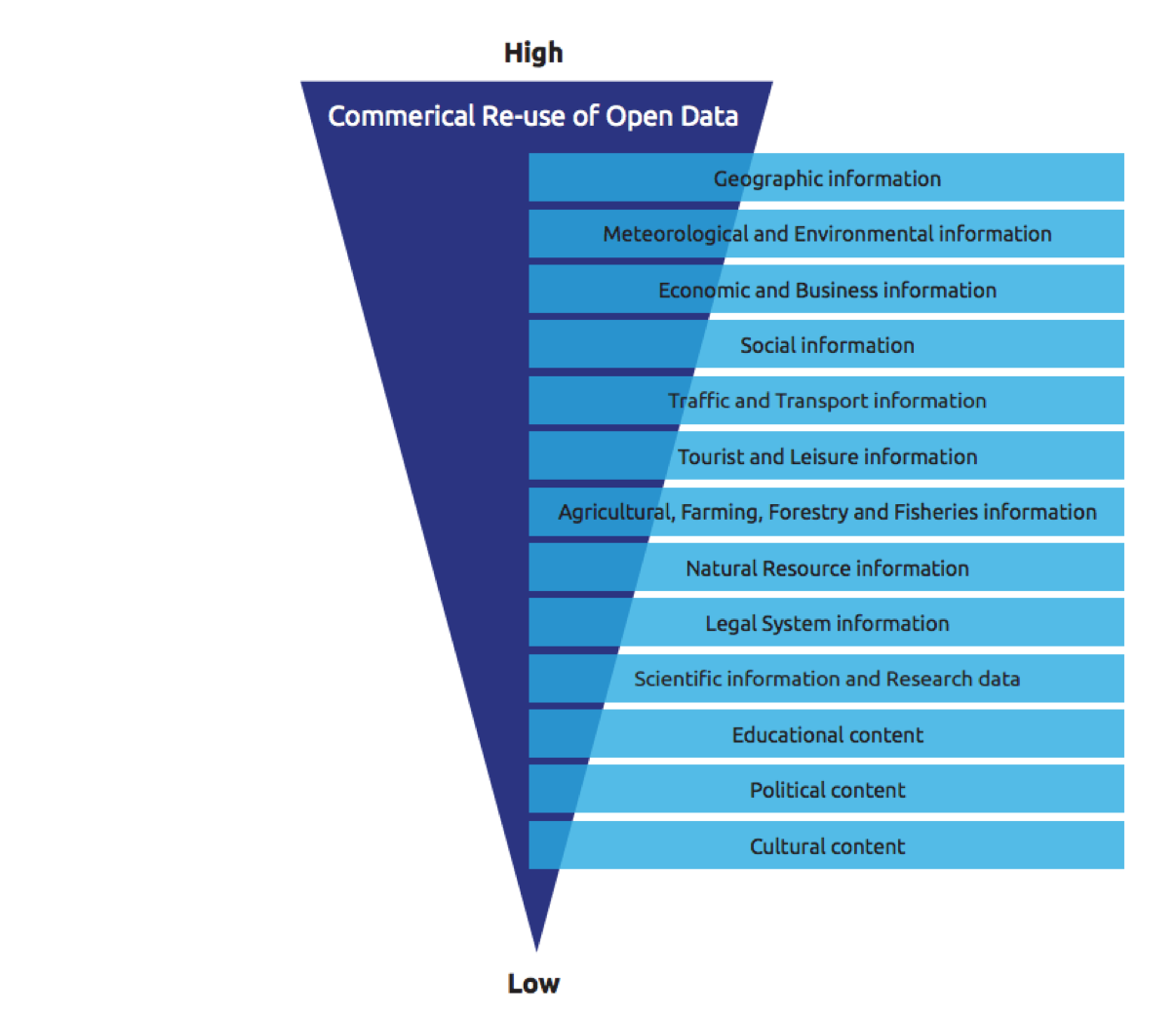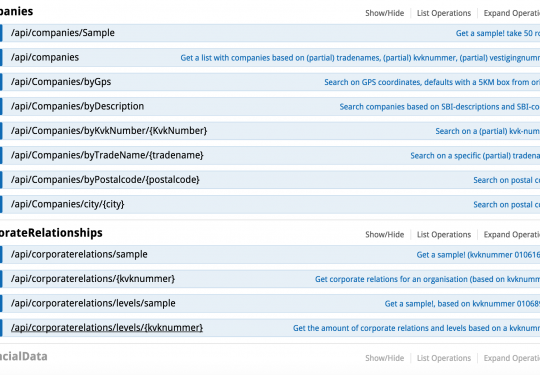Today, one year after the announcement of Minister of Economic Affairs and the publication of an investigation to which he commissioned the Chamber of Commerce himself, two subsets of data from the Dutch company register are made available. Company names or trade names and KvK numbers are not published in these subsets. In addition, today the Chamber of Commerce allows entrepreneurs to receive 30 inspections per year, restricted via an app from the Chamber of Commerce but not as open data.
First small step
Although this can be seen as a small first step, it is up to the Dutch House of Representatives and the future government coalition to ensure that the company register is accessible to all. The unlocking of company register information as open data is of great importance to the economy, trade, innovation and transparency. The current funding form of this ‘public register’, the pricing per inspection, is an important obstacle.
Open State Foundation has been calling for a long time to open up the company register as open data. Earlier published documents show that the execution costs of the company register by the Chamber of Commerce exceed company registers in the United Kingdom and Australia, where company registers are open as open data.
The value of a company register is not in the contribution per view
Currently, the Chamber of Commerce uses the company register as a source of funding for other activities. The fee that the Dutch Chamber of Commerce assigns to the company register is in comparison to other countries far above the marginal costs.
In countries such as the United Kingdom, France, Australia, but also in Belgium, Romania, Bulgaria, Finland, Norway and Denmark, the government is convinced that the value of the company register is not included in the contribution per view but in its full opening. Free and accessible opening of the company register in a machine-readable form does not only serve innovation, economy, trade and investment but also helps tackle tax evasion, fraud and terrorism.
Closed company registers are more expensive
The transaction costs of (re) users both within and outside the government will decrease as many data without contract and payment can be used. Reuse in applications, new services and services deliver economic effects and transparency increases. This also applies to macroeconomic effects through the use of open data. Company registers that open data as open data cost taxpayers, entrepreneurs and the government far less than closed records, such as the trade register managed by the Chamber of Commerce in the Netherlands.
Change the financing model
This calls for a revised vision of the financing model for the funding of the company register. The government can only realize the opening of the company register if it intends to finance such public registers only publicly, provided that the data is made available as open data.
At present, citizens and entrepreneurs pay twice the price, once through taxes and the price paid for the data. Moreover, the monopoly of this public information by the Chamber of Commerce distorts the market. It monopolises this information, which makes it impossible for companies, entrepreneurs and others to utilise these public data.
Previously, the Court of Auditors considered that there is no clear understanding of the costs and benefits of this basic registration, that the costs and benefits are not balanced across different stakeholders and that the handling of tariffs for taking data from the basic registrations is unnecessary Thresholds for the (re) use of this data.
Many entrepreneurs and zzp-ers are in favor of an open trade register. Costs when registering and consulting the trade register and spam are just seen as a major irritation point. Also, SMEs Netherlands, VNO-NCW, LTO Netherlands and various social organisations have expressed their wish for an open trade register, funded from public resources, so that everyone has equal free access to this important public information for the BV Netherlands and society as a whole.
Modernise the Company Register Act
The company register must be authentic and publicly accessible as a basic public register. Opening up data opens the way to innovation, strengthens the economy and improves trade. The Company Register Act of 2007 calls for modernisation. Recent proposals such as the reservation of the Chamber of Commerce on the database law have now been declared controversial.
Protecting privacy and misuse do not have to prevent a publicly accessible registry. Issues such as the right to privacy and the concerns of self-employed can be removed at the front. For this reason, the decoupling of personal identification number (BSN) and VAT number should finally be properly regulated and the abuse of address data with spam can already be addressed. Not the fact that information is available but its abuse, for example spam, needs to be addressed.
This year, the French government opened its company register as open data. There you can find data on about 10 million companies with an average of 10 thousand updates per day. Let this be an example for the Netherlands. Instead of wasting energy with the prevention of opening up the company register, a new government coalition needs to ensure that the company register is accessible once and for all to everyone.
